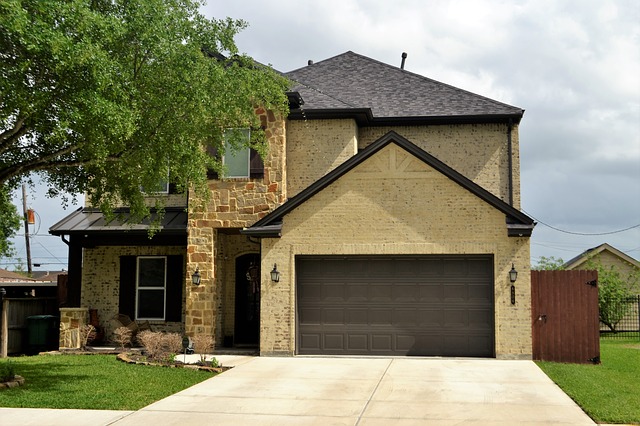Introduction
When someone passes away, there are many legal and financial matters that need to be addressed, including what happens to their homeowners insurance. Homeowners insurance is an essential protection for homeowners, covering their property and belongings in the event of damage or loss. In this article, we will explore what happens to homeowners insurance when someone dies and the steps that need to be taken to ensure proper coverage and protection.
Notifying the Insurance Company
The first step after the death of a homeowner is to notify their insurance company. Contact the insurance provider as soon as possible to inform them about the policyholder’s passing. The insurance company will guide you through the necessary steps and provide you with the information you need to proceed.
Policy Cancellation or Transfer
In most cases, the homeowners insurance policy of the deceased will need to be canceled or transferred to a new owner. If the property is being sold or transferred to a new owner, the insurance policy can be transferred to the new owner. This process typically involves contacting the insurance company and providing them with the necessary documentation, such as the death certificate and proof of ownership transfer.
If the property is not being transferred to a new owner and will remain vacant or unoccupied, the insurance company may require a different type of policy, such as vacant property insurance. It is important to discuss the options with the insurance company to ensure that the property remains adequately protected during the transition period.
Claims and Coverage
If there are any pending claims at the time of the homeowner’s death, it is crucial to inform the insurance company immediately. The insurance company will guide you through the process of settling the claims and ensure that any necessary payments are made.
It is also important to review the coverage provided by the homeowners insurance policy. In some cases, the coverage may need to be adjusted based on the change in ownership or occupancy status of the property. The insurance company can help you understand the coverage options available and make any necessary changes to the policy.
Probate and Estate Planning
In certain situations, the homeowners insurance policy may become part of the deceased homeowner’s estate. This typically occurs when the property is included in the probate process. It is important to consult with an estate planning attorney or a legal professional familiar with probate laws to understand the implications and requirements.
During the probate process, the insurance company may require additional documentation, such as letters of testamentary or letters of administration, to establish the authority of the estate representative to handle the insurance matters. It is essential to work closely with the insurance company and legal professionals to ensure a smooth transition and proper handling of the homeowners insurance policy.
Conclusion
When someone dies, their homeowners insurance policy needs to be properly addressed. Whether it involves canceling or transferring the policy, settling pending claims, adjusting coverage, or navigating the probate process, it is crucial to work closely with the insurance company and legal professionals to ensure that the property remains adequately protected. By following the necessary steps and seeking professional guidance, homeowners insurance can be effectively managed during this challenging time.
References
– Insurance Information Institute: www.iii.org
– Investopedia: www.investopedia.com
– LegalZoom: www.legalzoom.com












